|
It’s normal to find work stressful, and a certain level stress actually makes us more productive. But sometimes the humdrum of spending all day in a cubicle can lead to even more stress. If your stress level has moved from productive to frazzled, it may be time to incorporate small things throughout your work day to decompress.
If exercise helps you unwind, you might search online to see if there are classes near your work to take during lunch hour. You could search for pilates classes, barre, yoga, or whatever sparks your fancy. Not all of us have lunch hours, or can exercise in the middle of the day, so let’s explore some other options.
1 Comment
We confront external obstacles every day, but they aren't the only ones. Our perspective on the world is colored by our own expectations of ourselves and others. Your perspective is often what makes or breaks a successful career, because it can push you to meet your potential, or it can get in your own way. Your perception of external obstacles shape how you manage internal obstacles. Is that barrier a puzzle to solve, or is it a signal that you've failed? Allowing these internal obstacles to keep you from continuing on the road to success will drain your motivation and work ethic. In this article we'll talk about 4 big obstacles that you can overcome just by recognizing them, and by taking steps to tear them down. Stay motivated with these quotes about overcoming adversity from Spread Great Ideas. Whether you yourself are struggling with giving education priority in your life, or you're a parent to an uninspired student, there are many things to consider when it comes to improving and enhancing our experiences with education. While in school, it's easy to slip into one of two bubbles - living a life other than class, treating homework and studying as a chore, or dedicating yourself to school alone. Either way, you are often living in the moment, and not thinking of the future, which isn't surprising - you have a lot on your plate! There's several ways you can think about the future, and start planning. Preparing for life after graduation might seem daunting, but these 3 techniques will help you plan for the future without feeling overwhelmed in the present.
With all the effort you put in during your college years, it can be frustrating when you get to your first job and find yourself less prepared than expected.
At no other time in your life will you learn so much information as when you're in college, but the majority of it is content knowledge, not interpersonal skills. If you've developed keen critical thinking and big concept mapping skills, like when studying for big exams, those will transfer well to the workplace. But some of the other challenges won't be overcome as easily. As you jump into your first job after graduation, you might find yourself feeling unprepared. These three challenges stem from a differences in your schedule, your work responsibilities, and your peers.
Moving into "real life" after you finish school can be a shock, whether its undergraduate, graduate, or professional school. Of course, it does depend on what you study. Many people get a taste of what their postgraduate life is going to be like during school, especially if their field is more hands-on than others. But the reality of finally being on your own can still be tough to take. If you feel like you're entering the adult world for the first time, without the bubble of student life to protect you, you should think about how to prepare yourself for new experiences. Being totally independent can be scary, but it's worth it - probably.
Due to the COVID-19 pandemic, over 8% of college grads have had their job offers revoked. The experts over at Bank Rate created a guide to help navigate the unpredictable job market during COVID-19 and its aftermath. The guide covers:
If you feel like your current career plans are not really going anywhere for you, you might be tempted to take a new approach and to find a career that is more in line with your personality. And if you’re the kind of person that likes other people and enjoys communicating with them, you should find a career that can play to that particular strength. There are many of them out there so you won’t be left short of options. Here are some great career paths to consider you’re a real people person.
There's a difference between having people-facing skills and being a people person. And often in academia, the mix is weighted more towards people working hard to develop interpersonal skills, but not jumping up and down to do people-facing work. So if you're considering alternatives to academia, don't pass up these positions.
Cumulative final exams, licensing exams, masters comprehensive exams, doctoral qualifying exams - all are BIG! And effective study strategies focus on consolidating large amounts of information into tenable concepts that can be applied to whatever question thrown at you. Instead of getting bogged down in the details, painting the big picture is where you want to start.
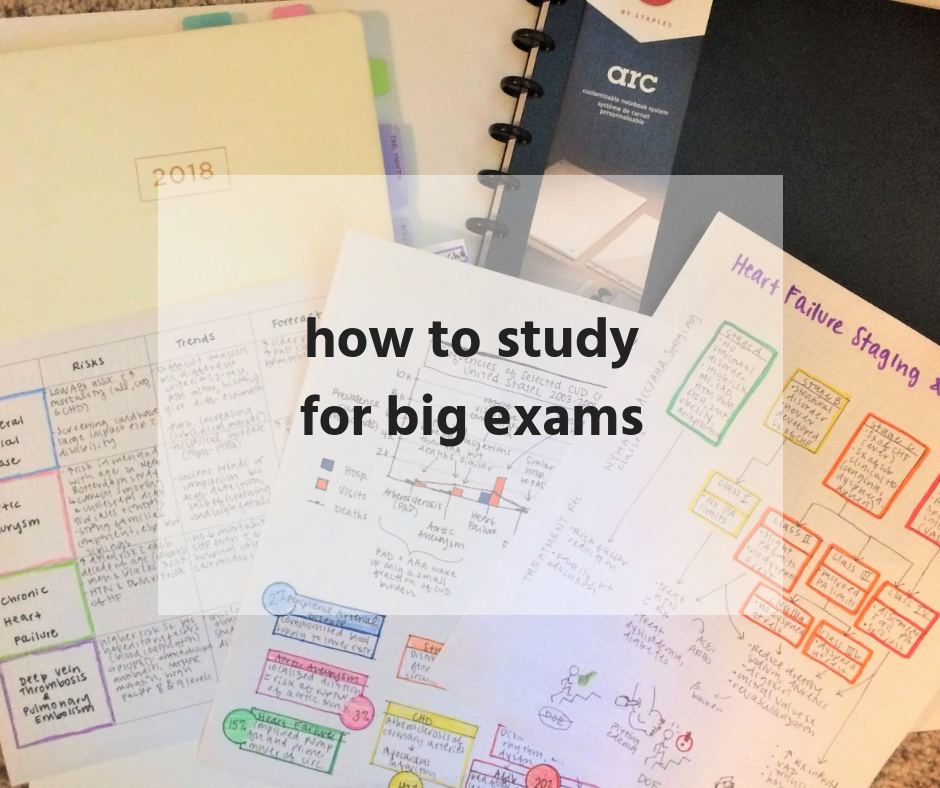
Materials in this photo: Arc Discbound Notebook (Letter Size, Poly Cover) | Office by Martha Stewart Discbound Dividers (5-tab, also available in 8-tab) | Planner by Blue Sky, no longer available | Printable Graph Paper
*affiliate links
In this post, I'll walk you through some strategies that will help you make this process as painless as it could be. Be forewarned, these are not your typical lecture-quiz-exam study methods, so they'll feel foreign and uncomfortable. But practice makes perfect, and after about a week long learning curve you'll look forward to study sessions and feel efficient and knowledgeable.
Search Google for "best powerpoint templates" and you'll get a number of modern designs for sales pitch decks, portfolios, business plans, and CV/resume presentations (like these).
Not sure what a CV/resume presentation is? If you're asked to give a presentation as part of a job interview, you might start with some introduction slides. CV/resume presentations put your CV/resume into a presentation format. Infographics have become popular in almost every field, but in more traditional areas, like science and academia, I believe there's a bit of a line to draw. You may notice I have an infographic on my About page as well as on my LinkedIn. Personal websites and the media feature of LinkedIn are great spots for some well designed graphics. Just make sure they are informative, and look good when display-cropped on LinkedIn.
While PowerPoint is still the go-to for slide presentations (sorry, Prezi, you tried but you just don't cut it in science), Powerpoint presentations have come far since 2003 clipart and animations.
There are what I'd say are the Golden Rules of PowerPoint. You'll find these repeated over and over again in articles.
I'll summarize them here so we all start in the same place:
For a great read, check out "How to Give a Dynamic Scientific Presentation" from Elsevier.
I'm going to expand on these with a few tips that will take your PowerPoint presentation from good to great.
I've written about how to prep for conferences (twice) and I've talked about it with many of you! But now I'm here at AHA Scientific Sessions 2017 - the biggest conference I've attended - and I have a whole new list of tips on tap for you. Before I do that (look for it in a few days), I want to talk about a topic that's come up gain and again in Early Career Programming events and in conversation with my colleagues.
That topic is: how do you establish independence early in your career? Background photo from 'Icelandic Roads' by Vadim Sherbakov at Creative Market Last week I read that you should never ask someone to be your mentor. Why? Because if you're downright asking, you haven't cultivated enough of a relationship to let it subtly slide into the "mentor zone".
I disagree. Finding a mentor can be one of the more nebulous concepts in career development, and certainly the most frustrating. It's like dating...choosing a boss...a parent...? Nope, not quite any of those. Hence the nebulous. I'm a firm believer that you need to figure out what you want, and take the steps to get there. With that said, I recognize that being direct and putting yourself out there is a difficult thing to do, no matter how confident or outgoing you are. So what now? At some point in your grad school career, you should be writing.
For me, it cycles through the challenge of writing while in classes to the wide open space of vacations and summers when I should be writing, but seem to do every other thing on my to do list before sitting down at my computer. Over the past few years, I've stumbled across some great writing resources, many provide subscription emails. A few subject lines from these resources popped out at me this morning from my inbox, and I'd like to share.
Great news! I've come back from my first conference as a PhD student and it went great.
If you read my first post on getting the most out of conferences, you may recognize a few of 'tasks' or suggestions I mentioned. You may be thinking, "Bailey, what was your goal for this conference?" Read more to find out.
How do you feel when you go to a conference? Are you nervous? Overwhelmed? Personally I wonder if I’ll ever get to the point in my career where I feel at ease, looking forward to seeing colleagues from all over the nation I’ve collaborated with on projects.
My advisor runs a weekly breakfast club for his advisees, and with a national conference coming up in the next few months, we wanted advice on how to get the most out of conferences. He came up with a top 10, that I’ve organized and elaborated on below. I’ll expand on a few in my next post (Part II).
All of these tips fall under the category of preparing for your own success. They should be done before the conference, and then acted upon. Make a game plan and you’ll return home feeling accomplished.
TIP: Make sure you read the conference program before registration day, so you can plan ahead and make the most of it! Check out the conference website, too! Re-evaluating your priorities is a good idea to do at least once a year, but can be especially helpful if you are feeling stale or stuck in a rut.
Orientation brings a tsunami of information crashing down on your head. Administrators and students acknowledge this fact in your meetings with a smile and joke. But by the end of the day, your pleasant expression has twisted and you'd prefer they get on with it.
But it's not their fault - what you really need is for the semester to fast forward a week or two. Diving into course material in class, instead of syllabus review. A routine for your schedule - problem sets due Fridays, lab reports due Wednesdays, happy hour on Thursdays. Everything fitting in neat little boxes in your head, instead of the nebulous cloud of worry and the frantic feeling you're forgetting something.
A past professor encouraged us to reformat our emails to busy supervisors. Often we start with pleasantries, and hide our true purpose for emailing in a body of text or at the bottom of the email. Get to the point with these templates.
To continue reading, click below.
Transitioning from college to residency, I learned many workplace lessons that ended up being rather traumatic. Any infographic or article you see that lists the differences between Baby Boomers, Generation Xers, and Millenials summarizes many of the challenges that twenty-somethings encounter in the workplace. While we use email and text as a go-to communication tool, more experienced colleagues and supervisors find it impersonal and possibly offensive to address certain topics via email. Similarly, being called in for a one-on-one meeting with your boss may throw a millennial in a tizzy. What did you do wrong? Why are you in trouble?
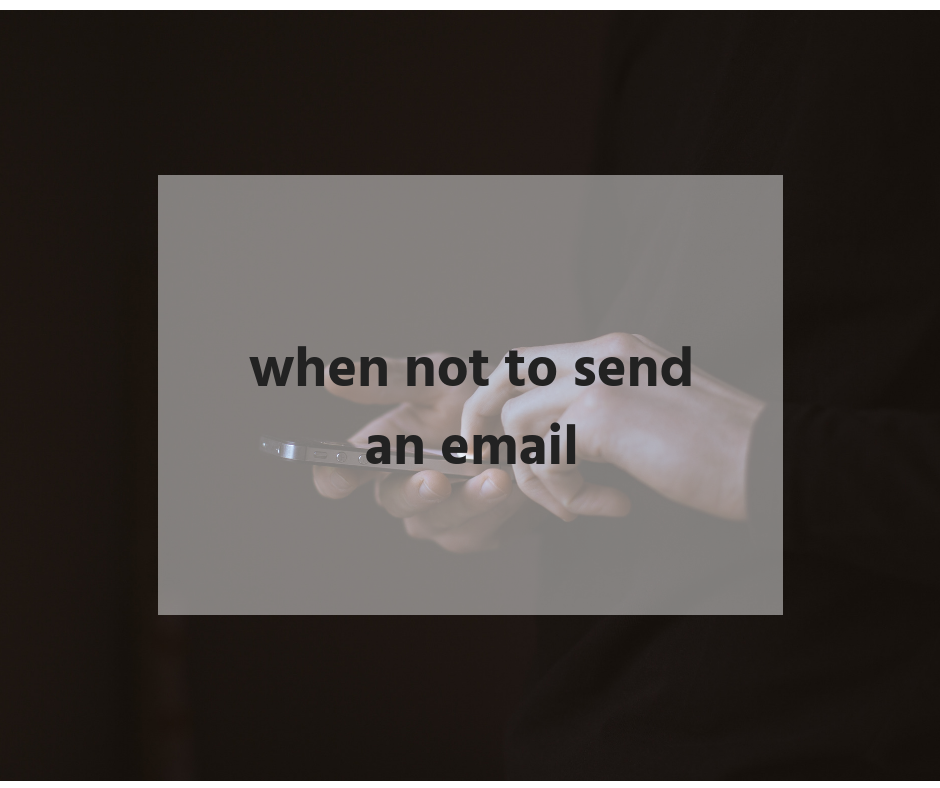
While everyone can benefit from understanding why and how these different generations function, that doesn’t mean everyone is going to assimilate. Learning how to construct an appropriate email is important. Learning when not to send an email may be even more important.
Email often lacks context, making it a challenging communication medium in general. When Baby Boomers and GenXers view email as impersonal and disconnected, the problem is compounded. As humans, we are programmed to consider facial expressions, tone of voice, body language, and our knowledge of the person. With email, we’re limited to the text in front of us and our knowledge of the person. Some consider TYPING IN ALL CAPS to denote excitement. For others, it’s angry.
You may also like: How to email your professor (or any supervisor)
Do you find yourself gossiping about a peer?
Is she a woman? Would you say the same things about a male peer? Gender bias is persistent on both sides of the gender aisle.
I first heard the term "stretch assignment" in undergrad from a lecturer discussing career development. She encouraged us to identify those opportunities that are a bit beyond our current skill set and comfort zone, and embrace them as an opportunity for growth.
Did you know that women are more likely to apply for a job only if they meet all of the listed qualifications? But men will apply even if that last few bullet points don't describe them. Once I read this statistic, my entire approach to growth transformed. Many of my peers, upon graduation with their Master degree, are job searching. For myself, I am preparing myself for doctoral training, and reflecting back upon these past 2 years. What projects would I like to spend my time on? How will it influence my training and career path?
Whether you are meeting your advisor for the first time, or are interested in revitalizing a placid relationship, these tips can help you not only make the most of your weekly meetings but improve your productivity and success as a graduate student.
Here's three possible scenarios. Admitted Students days can be exhausting but informative, in the best case scenario. In all of my experiences, I attended these hosted visit days after already accepting my admission; however, many students go hoping to find another tidbit of information that can help them with a difficult decision. Regardless which camp you fall in, you should find this information useful. Prep work. Since you've already applied to the school, you're likely pretty familiar with their program. But as you consider actually going there, you may have more nitty gritty questions related to funding, coursework, or general program structure. These are the hard pieces of information you should use to compare and contrast different schools. Next, think about your past educational experiences. Do you do better in large lectures with separate teaching sections, or in small group discussion classes? Do you utilize office hours like it's your job or do you prefer study groups with colleagues?
Last night, I flew back north after a whirlwind trip for Admitted Students Day. Since I've already accepted the admission offer, my focus for this trip was to hash out my expectations for the upcoming year and to leave a memorable impression on my future advisors and mentors.
Reflecting during the plane ride, I realized that the approach I took during my meetings and interactions could be articulated for you to address the issues of imposter syndrome we all struggle with at one time or another. |
popular postsLike what you read?
categories
All
archives
February 2024
This website uses marketing and tracking technologies. Opting out of this will opt you out of all cookies, except for those needed to run the website. Note that some products may not work as well without tracking cookies. Opt Out of Cookies |


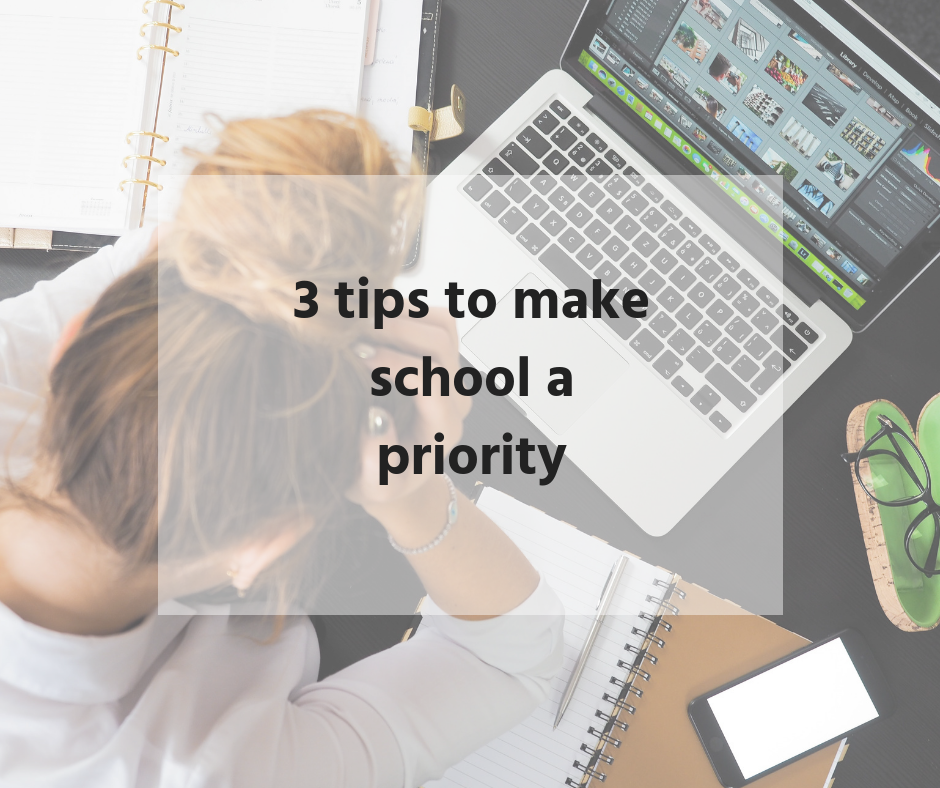



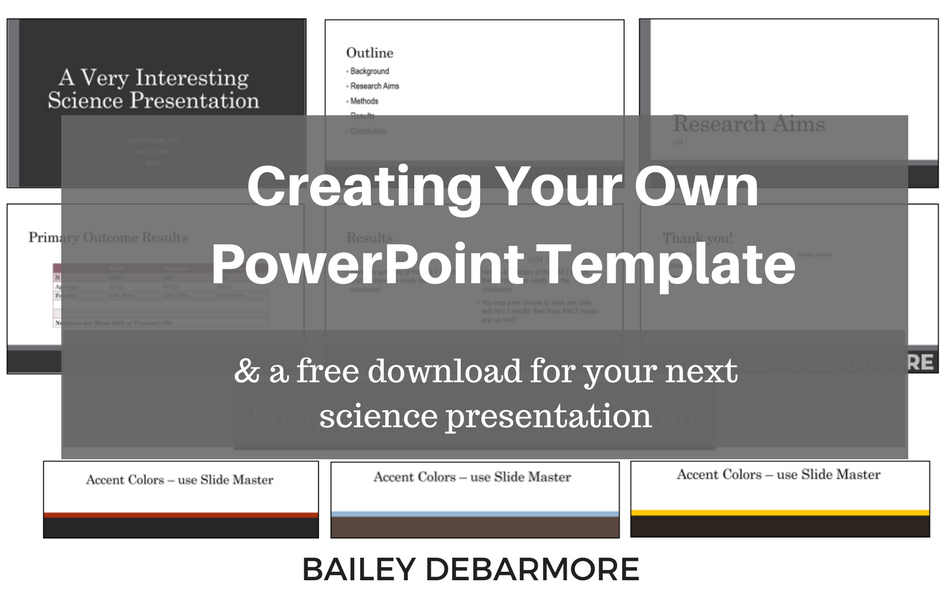
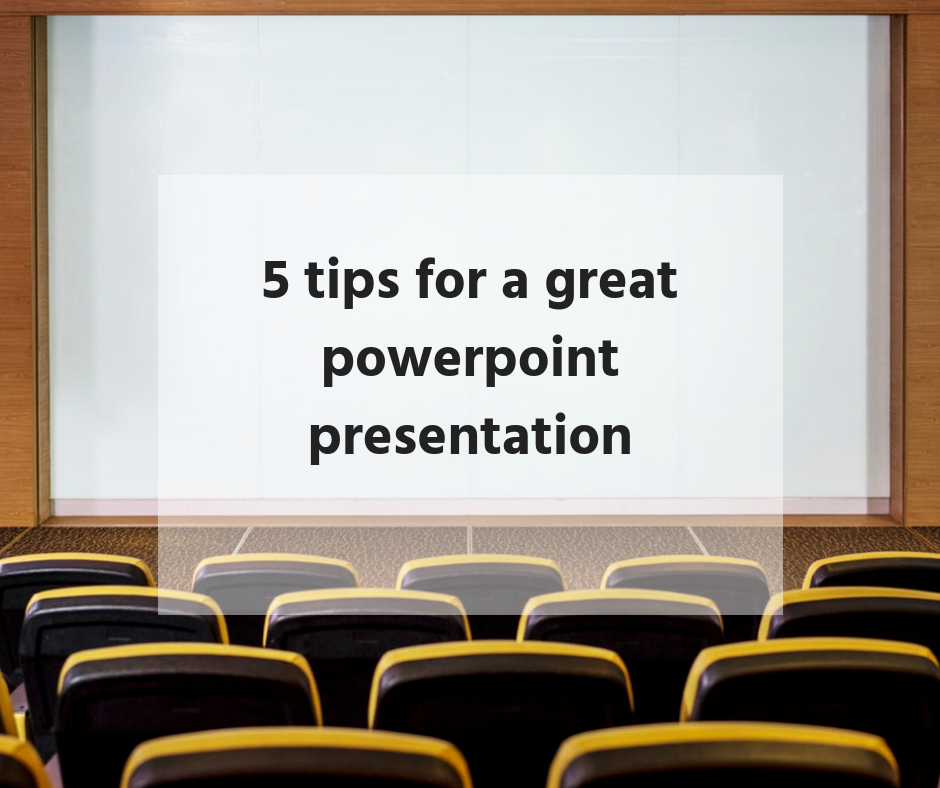







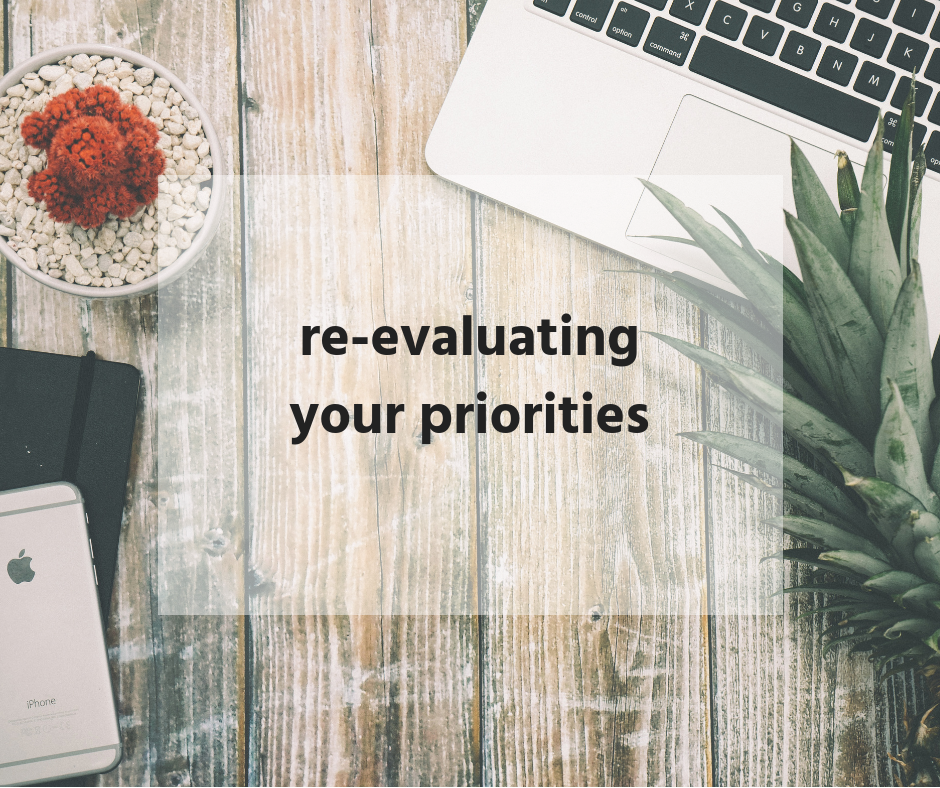




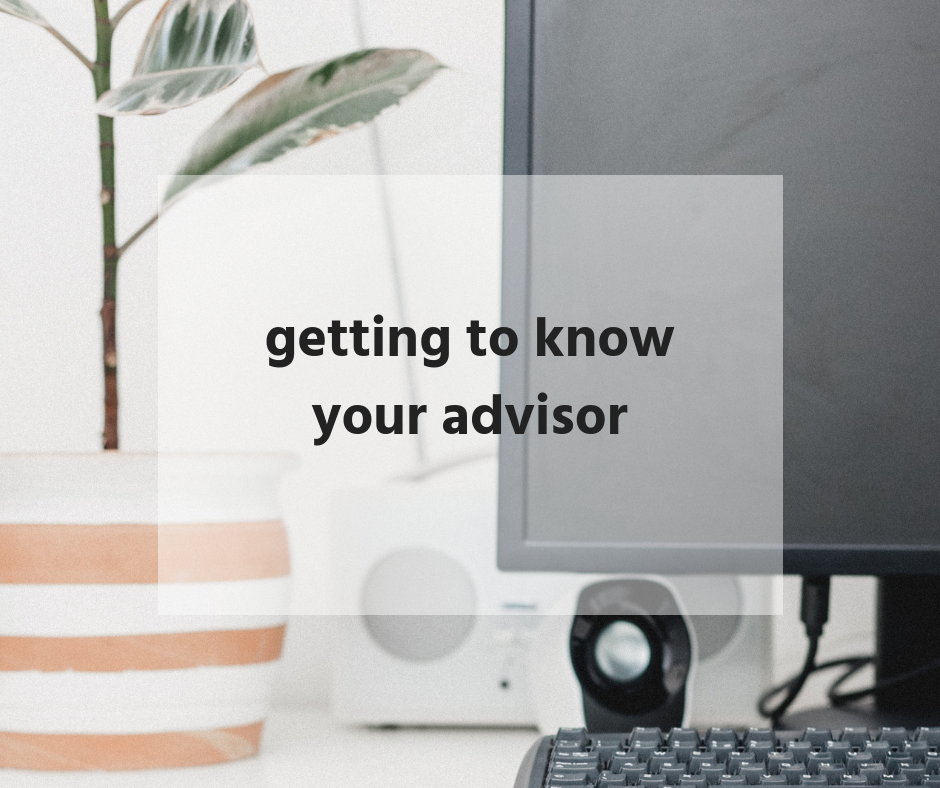

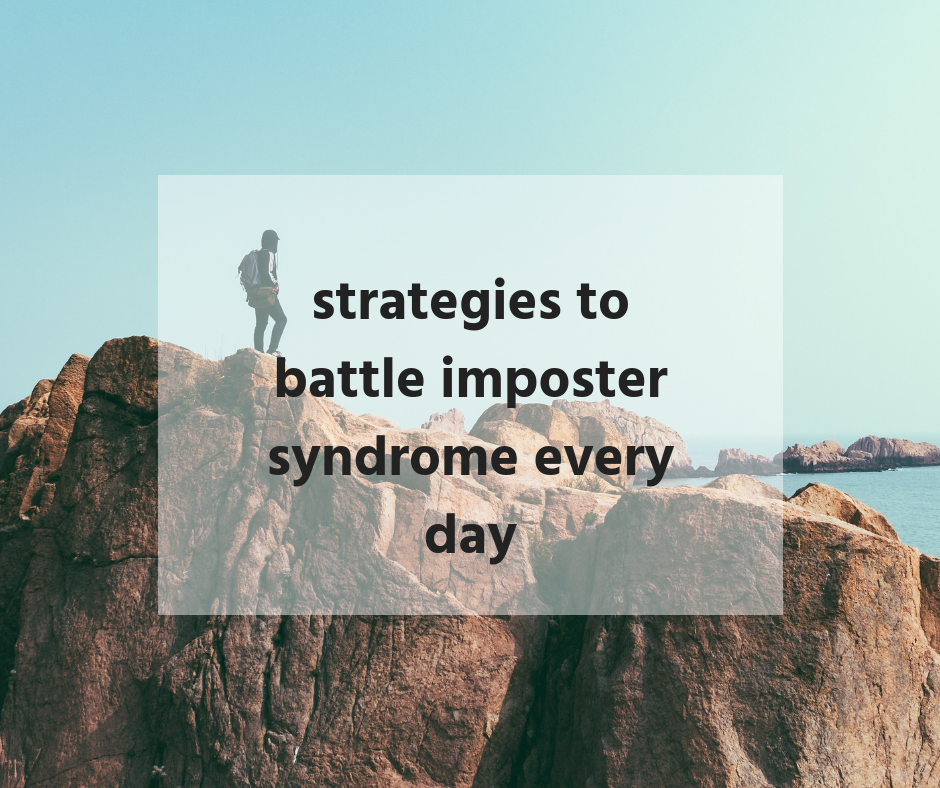



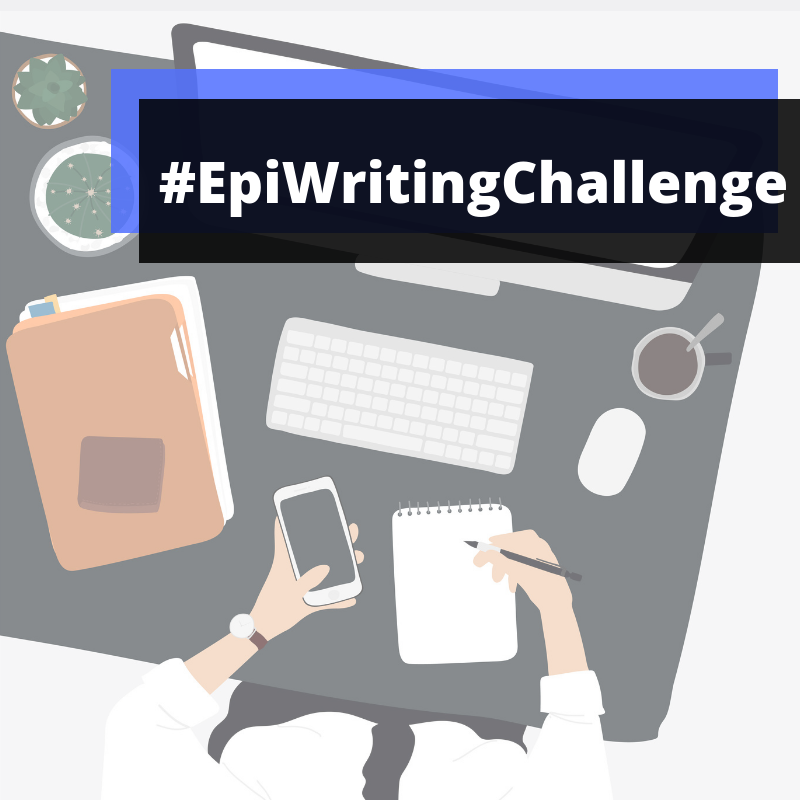

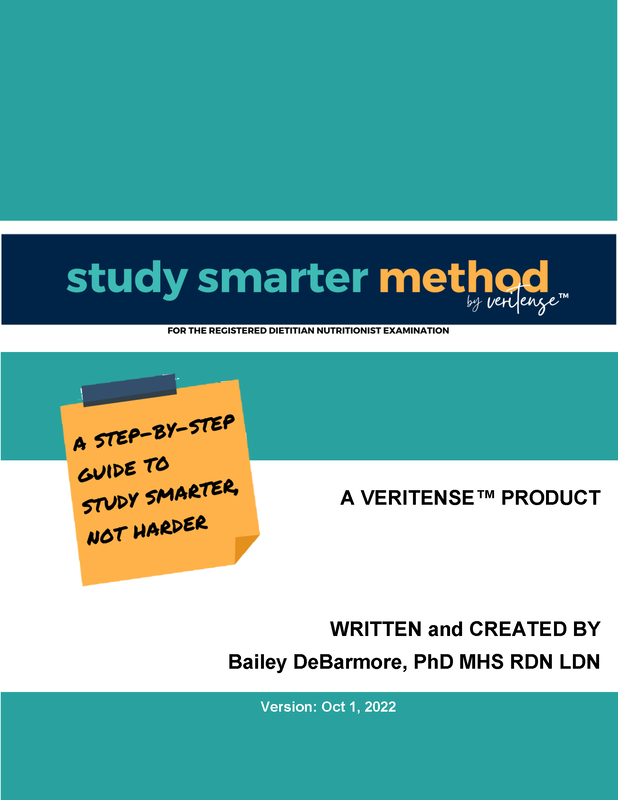

 RSS Feed
RSS Feed